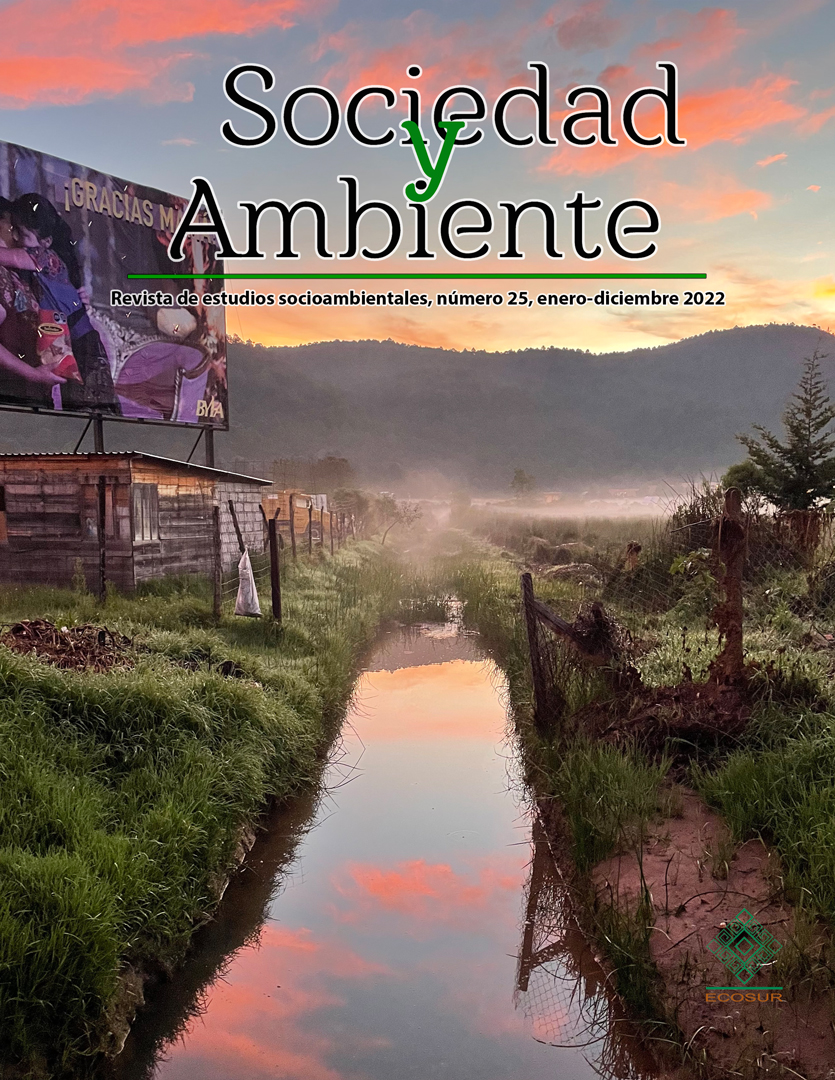Abstract
Cassava (Manihot esculenta Crantz) is one of the leading food crops in the Colombian Caribbean. Participatory plant breeding is a strategy to obtain varieties that meet the needs of those who produce cassava, while valuing local knowledge and promoting the relationship between plant breeding processes and people, considering the low level of adoption of improved varieties of this plant reported in the region. Through a co-investigation process that included the participation of former FARC-EP combatants in the process of reincorporating into civilian life, we documented the knowledge about the varieties of cassava preserved by 20 peasants who live in the Montes de María. As a result, we describe the crop management and the uses and attributes associated with 25 reported common names of this plant. We highlight the need to recover the use of a greater number of cassava varieties; although there is knowledge about some of them, not many varieties are grown anymore. These results represent the primary input aimed at developing new varieties that respond to the preferences of the peasantry, which is a process that must be led and conducted by the communities themselves.

Sociedad y Ambiente by ECOSUR is licensed under a Creative Commons Reconocimiento-NoComercial-SinObraDerivada 2.5 México License


